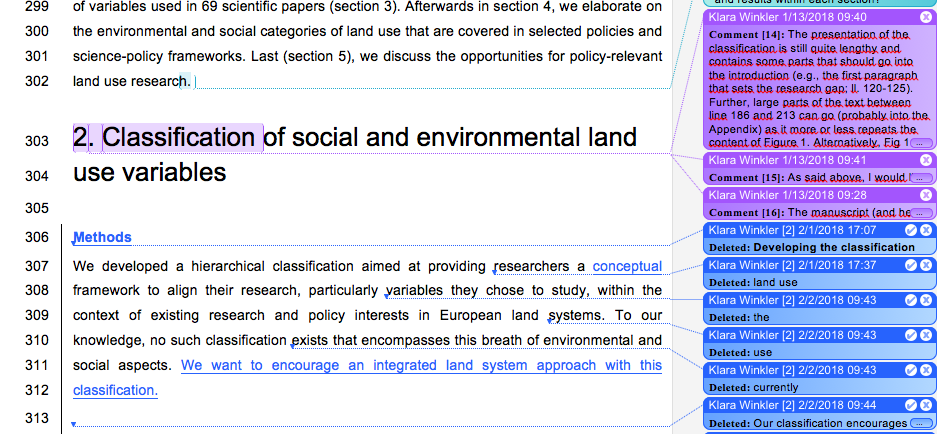|
Hooray, at least one editor and one or more experts in the field have given their valuable time and attention to read and comment on your hard work, and you have a long-awaited response from the journal! Here are some tips to help you navigate this process:
I hope that's helpful to get started!
For more in depth tips, I suggest the excellent article "How to reply to referees' comments when submitting manuscripts for publication." Peer review would go so much more quickly and smoothly if everyone followed Hywel Williams' three Golden Rules: Answer completely, answer politely, answer with evidence. See also his phrasings for suggested responses to reviewers, and tips for how to deal with common scenarios like reviewers who disagree, or who are rude. Another good source is "10 simple rules for writing a response to reviewers," by William Stafford Noble in PLOS. Happy revising! |
Categories
All
Archives
November 2023
|
KIM NICHOLAS


 RSS Feed
RSS Feed

